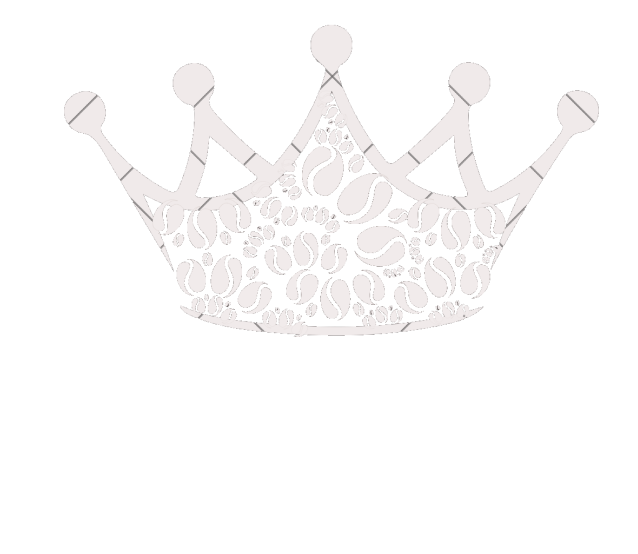
The History of Italian Coffee: A Timeless Tradition
Odkryj fascynującą historię włoskiej kawy, od pierwszych weneckich kawiarni po wynalezienie espresso, symbolu doskonałości na całym świecie.
Introduction
Coffee is one of the most beloved and consumed beverages in the world, but in Italy, it represents much more than a simple daily ritual: it is a symbol of culture and tradition. From the introduction of the first coffeehouses in the 17th century to the invention of the espresso machine, coffee has deeply marked Italian history and influenced the way it is enjoyed today worldwide. In this article, we will retrace the most significant milestones in the history of Italian coffee, from its spread across the country to the birth of the espresso, an emblem of "made in Italy."
The origins of coffee in Italy
Coffee was introduced to Italy around the 16th century through contacts with the Arab world. Venetian merchants, in particular, played a key role in bringing this new and fascinating beverage to Italian shores. Venice, a crossroads of cultures and commerce, became the first point of entry for coffee in the country. Thanks to the curiosity of the bourgeoisie and the rapid spread of the drink in the city's salons, coffee soon gained widespread popularity. In 1645, Europe's first public coffeehouse opened in Venice, becoming a meeting place for intellectuals, artists, and merchants.
The spread of coffeehouses in Italy
After Venice, coffee culture quickly spread to other major Italian cities. In the 18th century, Rome, Florence, Naples, and Milan saw the opening of their first coffeehouses, which soon became gathering places for the wealthy, artists, and scholars. These establishments were not just places to enjoy an exotic beverage but true centers of social and cultural life. Caffè Florian in Venice, Caffè Greco in Rome, and Caffè Pedrocchi in Padua are just a few examples of historic Italian coffeehouses that have made history and hosted illustrious figures such as Goethe, Casanova, and Stendhal.
The invention of espresso: an Italian revolution
One of the most significant moments in the history of Italian coffee is undoubtedly the invention of the espresso machine. In the late 19th century, the Turin-based engineer Angelo Moriondo created the first prototype of an espresso coffee machine, a technology that allowed coffee to be brewed in seconds using high-pressure steam. However, it was in the 1920s that the espresso machine became popular thanks to the work of Luigi Bezzera and Desiderio Pavoni , who perfected the design and enabled its commercial diffusion.
With the invention of espresso, coffee became an integral part of Italian daily life. This new method of preparation, quick and intense, immediately won over the public. Espresso became a symbol of modernity and practicality, allowing anyone to enjoy a cup of aromatic and full-bodied coffee in just a few minutes.
Coffee and Italian culture after World War II
After World War II, coffee became even more entrenched in the lives of Italians. Coffeehouses multiplied and became meeting places for all social classes. The espresso, by now an icon of Italian culture, often accompanied political or literary discussions or simply served as a moment of relaxation during the workday. During this period, coffeehouses also became innovation labs: in the 1940s, Achille Gaggia patented the first lever-operated espresso machine, capable of producing the characteristic crema that we now consider essential for a good coffee.
The global influence of Italian coffee
Throughout the 20th century, the influence of Italian coffee extended beyond national borders. Thanks to its quality and mastery in preparation, Italian-style coffee, especially espresso, has become synonymous with excellence worldwide. Brands such as Illy and Lavazza helped export Italian coffee culture, bringing high-quality machines and blends to every corner of the globe. Today, it is not uncommon to find Italian-style coffeehouses in cities like New York, London, and Tokyo, where espresso and cappuccino are among the most requested beverages.
The future of Italian coffee
Today, Italian coffee continues to be a cornerstone of the country's culture, but it is also adapting to new global trends. The growing attention to sustainability and quality has led to the spread of specialty coffee , a movement that values traceability and attention to the production process. The new generation of Italian roasters is experimenting with innovative extraction methods and blends, aiming to blend tradition and innovation to ensure a bright future for this historic beverage.
Conclusion
The history of Italian coffee is a story of passion, innovation, and tradition. From Venice to Turin, from the first coffeehouses to the invention of espresso, coffee has accompanied Italy's cultural and social evolution, becoming an integral part of the daily lives of Italians. Today, this tradition continues to evolve, carrying with it the unmistakable taste of "good coffee" that has made Italy famous worldwide.

